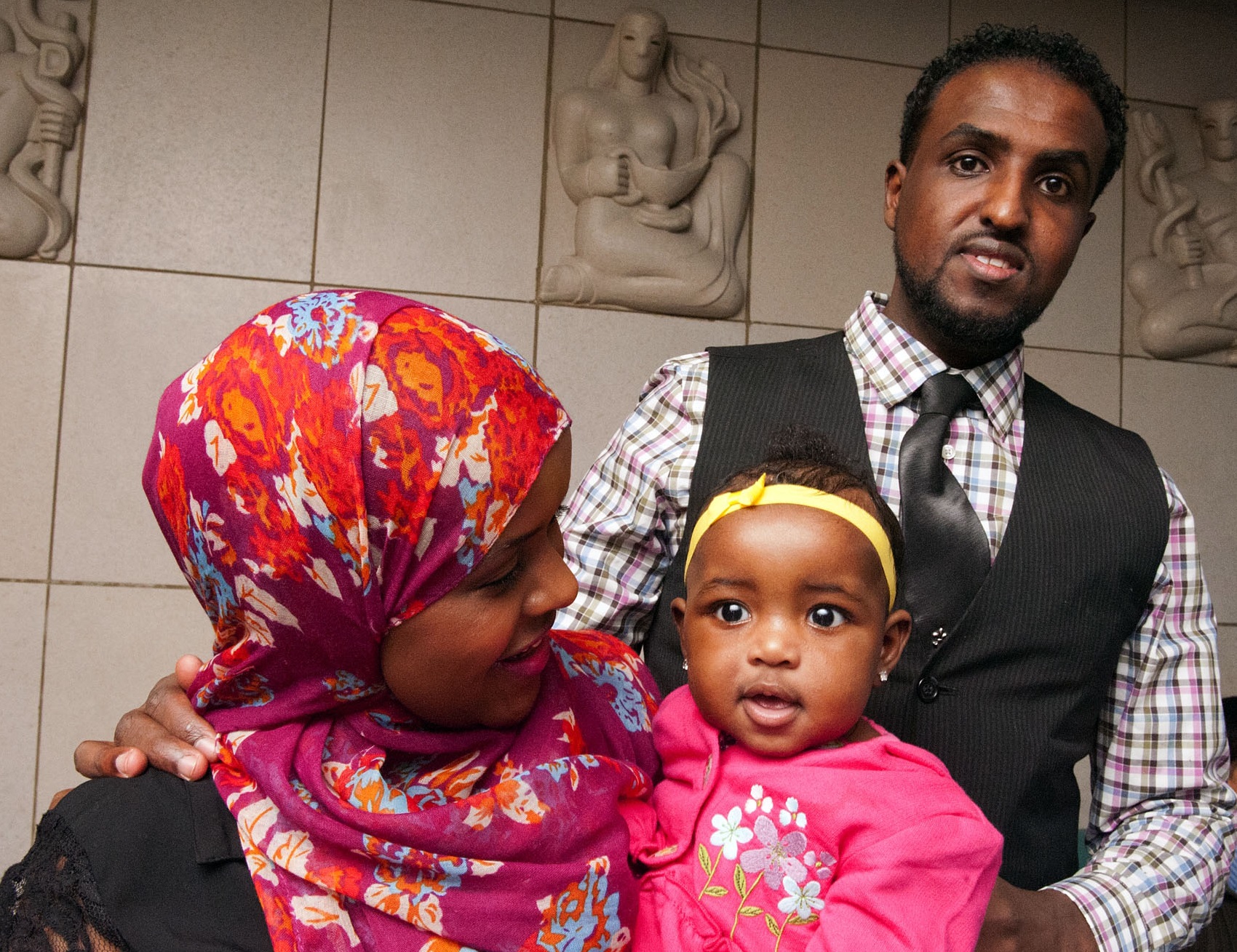The United States of America likes to style itself as the land of opportunity. And, every so often, that maxim comes true.
In 1992, at just five years old, Anisa Ibrahim was forced to flee Somalia to escape the impacts of crushing civil war. After a year’s stay in a refugee camp in Kenya, Ibrahim and her family were relocated to the US, where they were treated at Harborview Medical Center’s Pediatrics Clinic in Seattle.
Ibrahim explains to CNN that in the refugee camp there was a lot of poverty, malnutrition and infectious diseases; her sister had contracted measles shortly before arriving to the country.
“There were so many people in small quarters, all of us were fleeing the downstream effects of violence and political unrest,” she said.
But, this experience in Seattle—particularly being watched over by Dr. Elinor Graham, Associate Professor Emeritus of Pediatrics at the University of Washington—was not only good for her health. It also solidified a decision to enter medicine.
“My pediatrician at Harborview was one of the first people who believed in me and that I could become a doctor,” Ibrahim told CNN. “For me, as a young refugee, saying, ‘This is my dream,’ and having someone already doing it actually believing in you is so meaningful.”
Despite the struggles of being the first of her family to go to school in the US, and entering medicine as a woman in a headscarf, alongside no one else who looked like her, Ibrahim thrived at the University of Washington’s medical school. After graduating, she joined Harborview as a pediatrician in 2016. The clinic mainly services lower-income refugee, minority and immigrant populations.
In September she was made director, through which her job involves caring for newly arrived patients and improving the health of young people—not unlike the way pediatricians cared for her as a young refugee in the US.
“I’m not this exceptional human being,” Ibrahim told the news site. “There are millions of refugees right now who are not being given the opportunities that I have been given. And if they were, they would do incredible things.”
She added: “There’s almost this dichotomy where there’s the good and exceptional refugees and the rest aren’t so good. But the reality is if they’re all given time and space and opportunity and resources, everyone will contribute positively to places where they’re resettled.”
